France commences hasty trials for thousands of youth arrested in protests
France has begun a process of speedy trials for thousands of youths arrested in mass protests following the police killing of a teenager of African origin last week.
The police killing of Nahel Merzouk has renewed old grievances regarding police brutality and racial profiling, setting off mass protests in cities across France.
The 17-year-old boy of Algerian origin was killed late in June by a French police officer during a traffic stop in the Paris suburb of Nanterre.
As the French nation seems to calm down a bit after streets across the country were filled with 45,000 police officers and security forces to crack down on protesters, the French government decided to relay its second clear and iron-clad message to them.
"Very clearly, I want a firm hand,” French Justice Minister Eric Dupond-Moretti said in a message to judges aired on France Inter radio on Monday as the courts were preparing to go into overdrive.
The country top judicial official advised court prosecutors to systematically seek incarceration for those suspected and convicted of physical assault, or if they had committed serious cases of vandalism, according to The New York Times.
In the meantime, it is estimated that some 3,400 to 4,000 people were arrested, which included more than 1,200 minors, according to a figure released by the justice ministry.
Most of those arrested in the recent unrest had no previous criminal record, according to French authorities. And most are minors: the average age is 17, with some as young as 12.
The courts are running almost around the clock to try the arrested protesters. Many are being funneled through hasty trials, known as comparutions immédiates, where prosecutors and court-appointed lawyers traditionally churn through simple crimes like traffic violations, theft or assault, often when the accused is caught in the act.
In Nanterre, the Paris suburb where Merzouk had lived and was shot and killed by police, the courts held special sessions over the weekend.
The defendants from this neighborhood were said to belong to all walks of society, ranging from paramedics to restaurant employees, factory workers, students and unemployed people.
"The message from the prosecutor’s office has been very clear, very precise and systematic,” said Camilla Quendolo, a court-appointed criminal lawyer who spends 30 percent of her time working as a public defender. ”However, on the bench, it has really depended on the judge.”
The public defender said the fact that some judges showed leniency was both good and bad. “They are not robots, which is good. But at the same time, it creates a disparity between people.”
Meanwhile, the younger generation refer to the injustice of being charged for threatening police, when they regularly felt threatened by police identity checks. “There are prisons and justice — prisons are for you, but justice isn’t,” said Yasmina Kammour, 25, a minority youth worker who lives in the same neighborhood.
Meanwhile, the police killing of the Arab youth has tapped into the long-festering resentment of police brutality among many French minorities and rekindled a long, painful debate about racial profiling by police — a pernicious phenomenon that has been addressed in numerous reports.
France’s Supreme Court of Appeals ruled in 2016 that some identity checks carried out by the police had indeed been discriminatory, motivated only by the “real or supposed origin” of the young men who were stopped.
The Court found that this was “serious misconduct” on the part of the government, forcing it to make some changes, including introducing body cameras for some officers. However, it has not called into question the general practice of identity checks.
A number of human rights groups filed a class-action suit against the government in 2021, calling for a clearer legal basis for I.D. stops, among other changes. The case is expected to start shortly.
On Monday, the French government was accused of conducting attacks on migrants, racial profiling and religious intolerance during the UN Human Rights Council’s Universal Periodic Review (UPR), which examines the human rights record of all the 193 UN member states every four years.
However, French President Emmanuel Macron's office and the country's law enforcement agencies dismissed such claims, insisting racism or profiling played no role at the check stop that ended in the police killing of the Arab youth.
IRGC launches new wave of retaliatory missile strikes on US bases across region
VIDEO | Iranian flotilla returns after BRICS naval drill in S Africa
Iran FM says school massacre in latest Israeli aggression ‘will not go unanswered’
Iran’s retaliatory attack completely destroys sophisticated US radar system in Qatar
US-Israeli aggression violates UN Charter; Iran will defend homeland: Foreign Ministry
US-Israeli 'regime change' project in Iran 'impossible mission': FM Araghchi
IRGC Navy pounds US MST ship with a volley of missiles after Israeli-US aggression
Iran’s retaliatory attacks will continue uninterruptedly: Senior commander


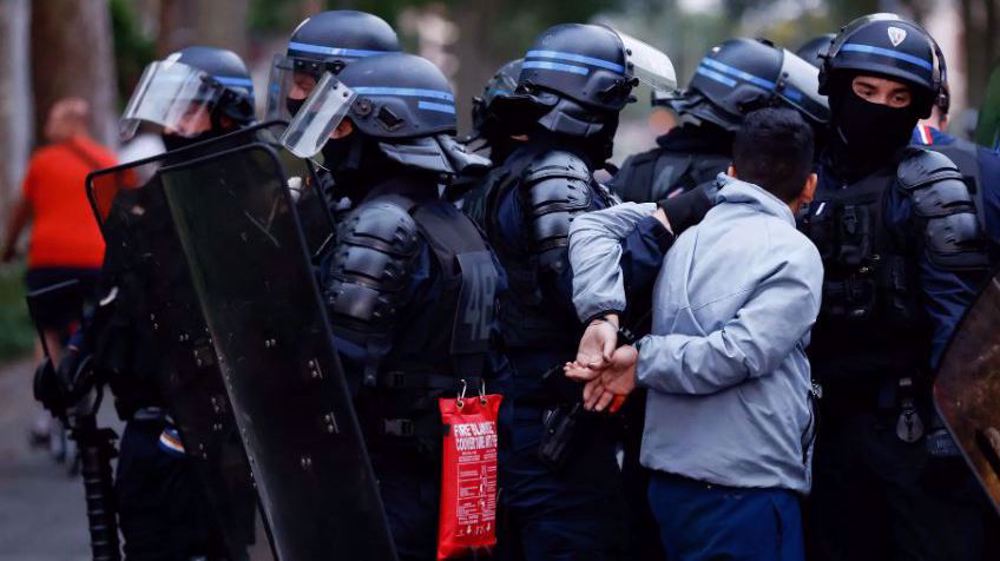
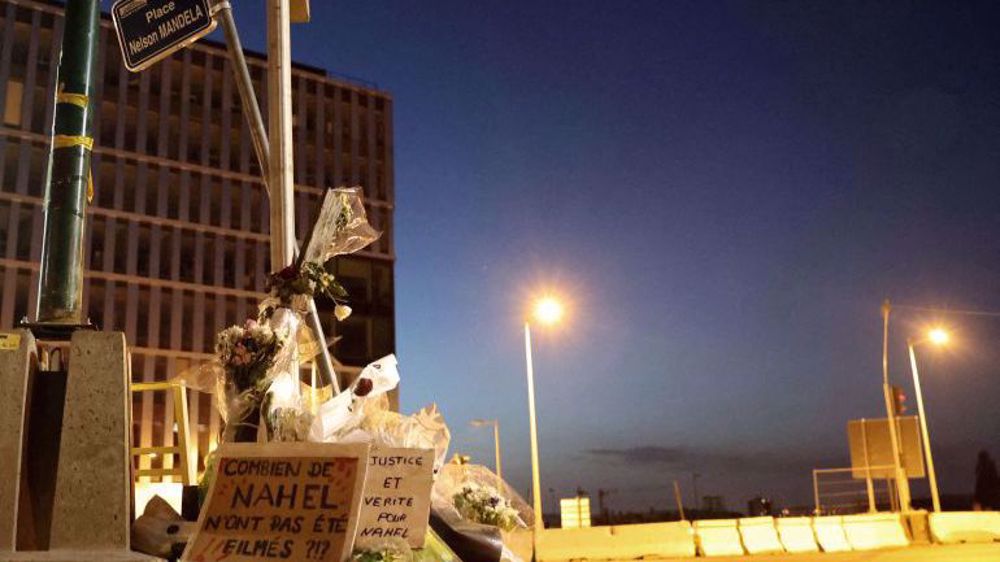
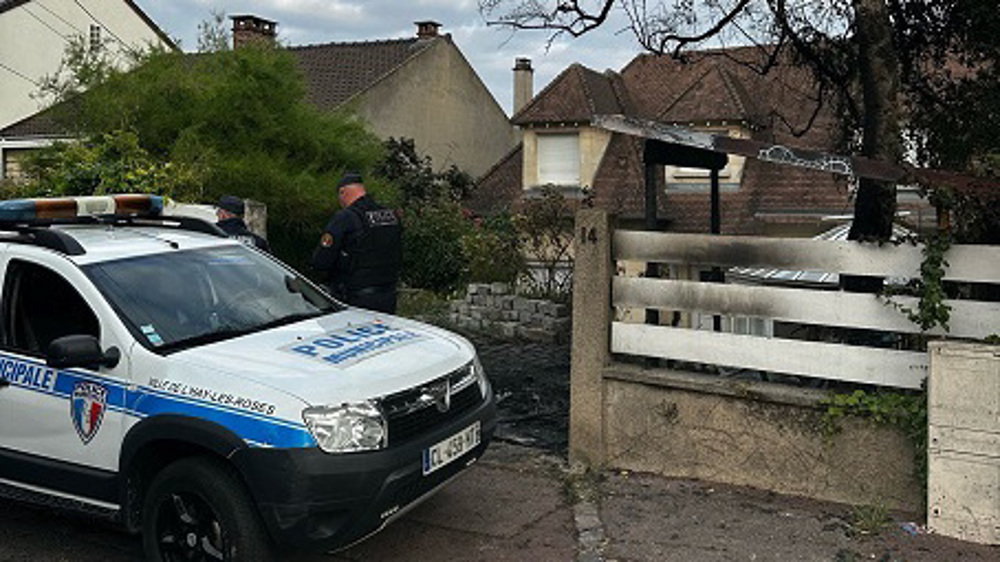
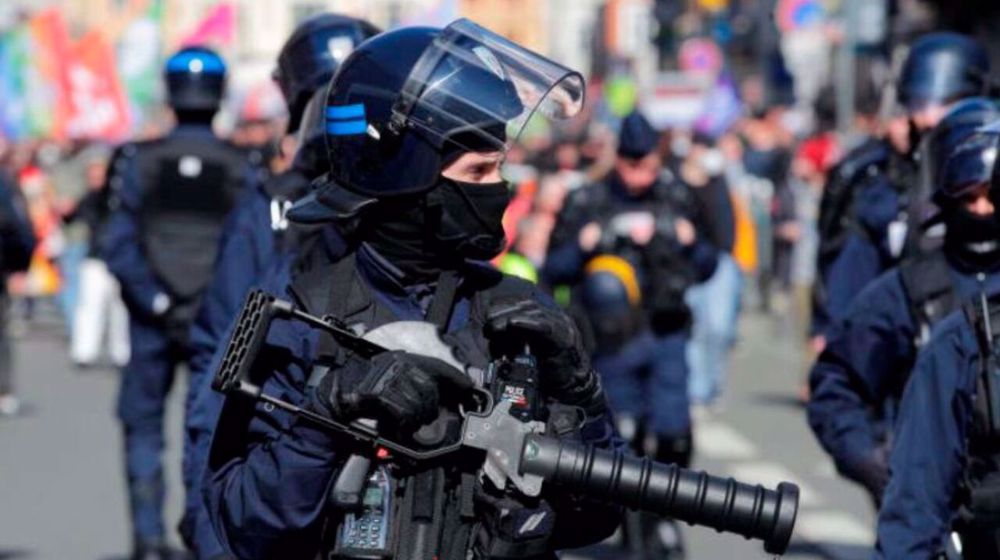
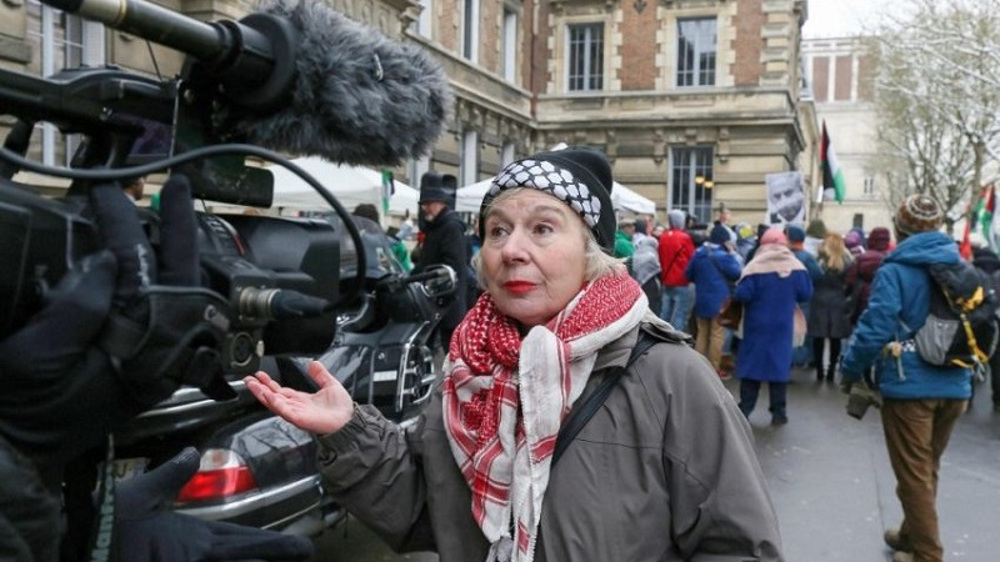
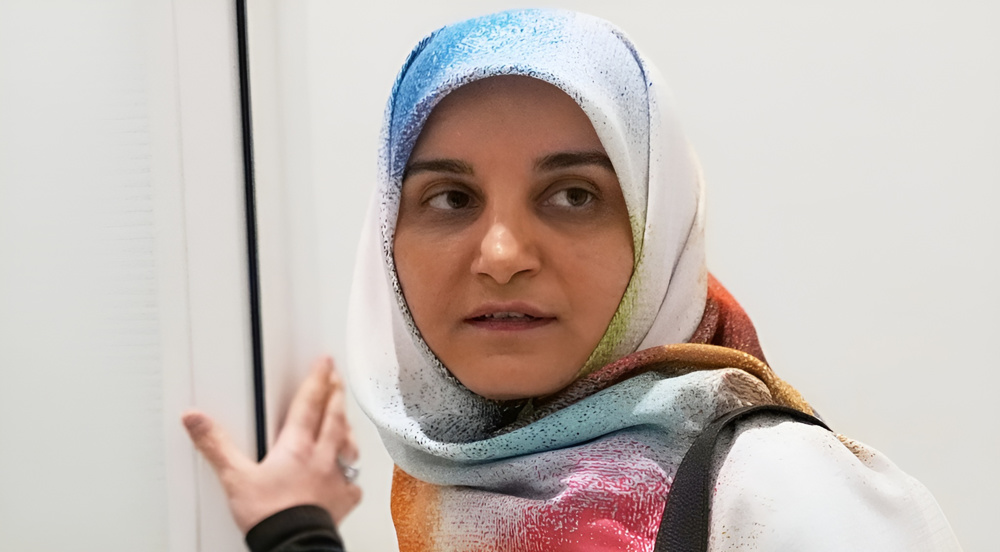
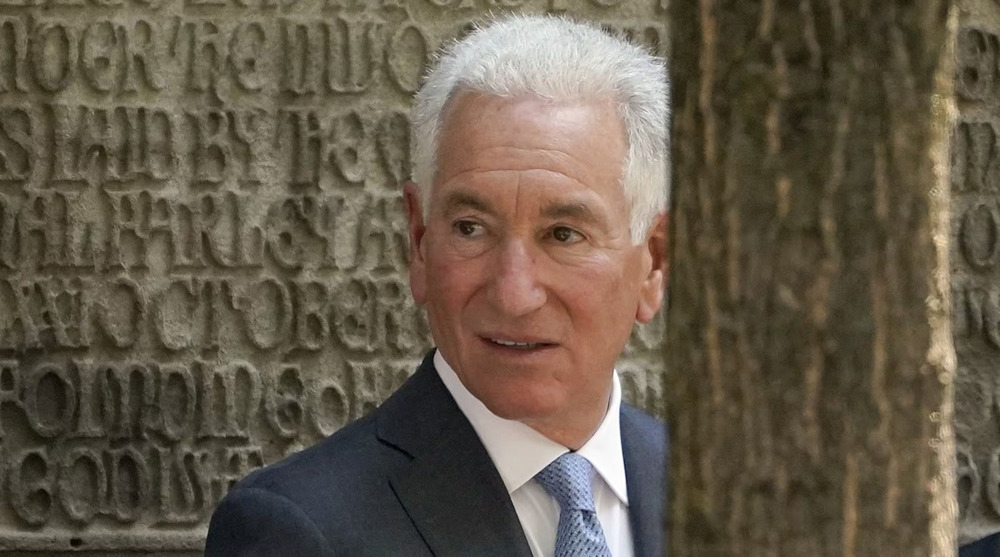



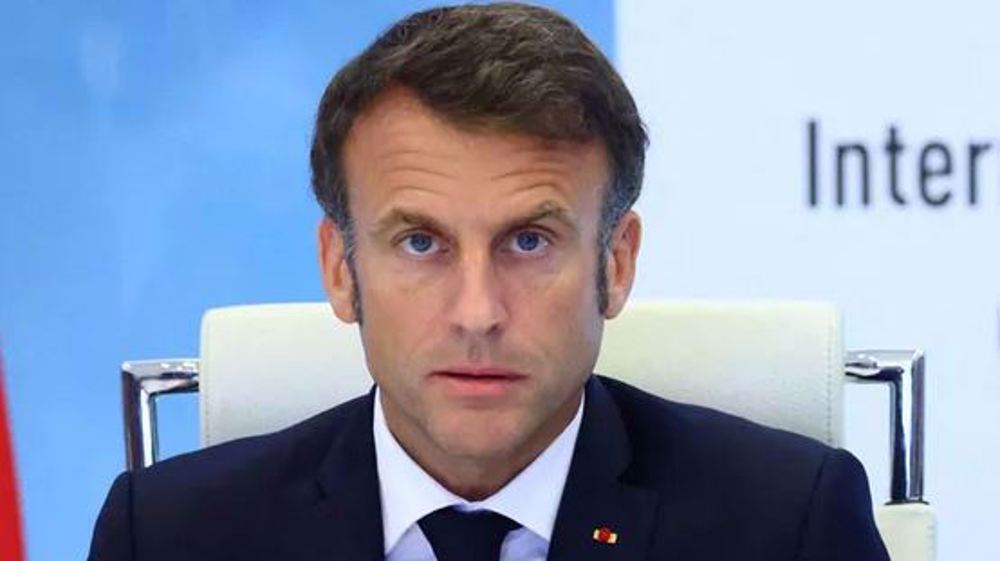
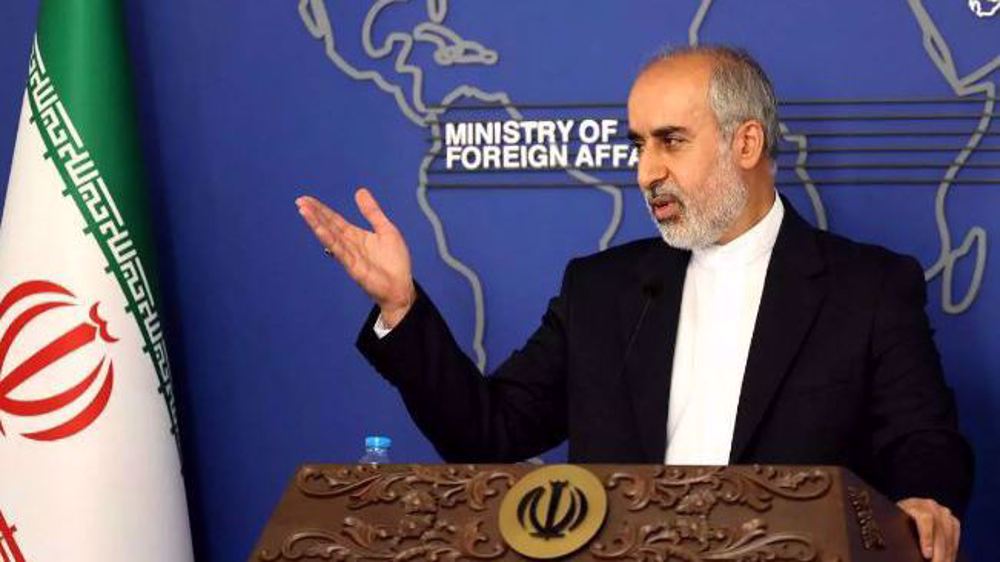
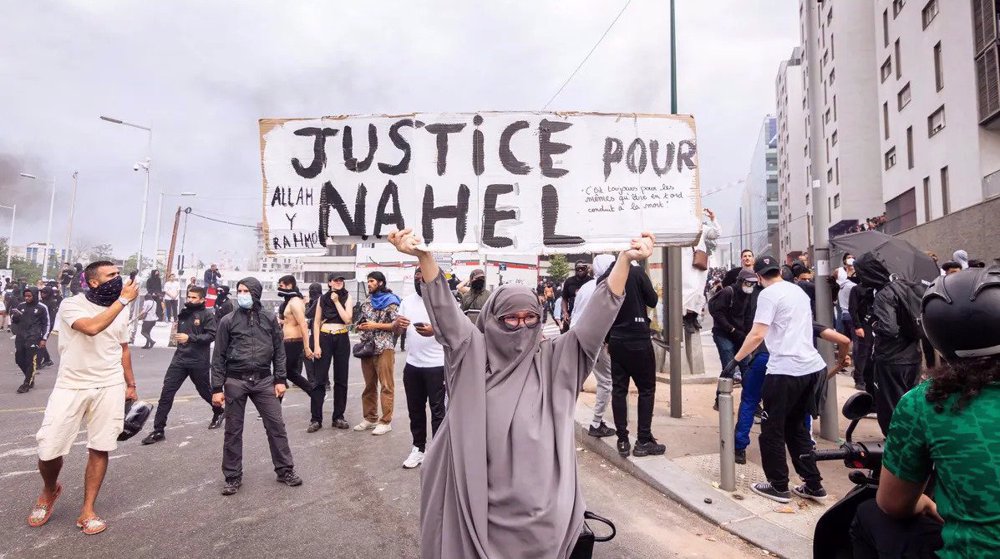

 This makes it easy to access the Press TV website
This makes it easy to access the Press TV website